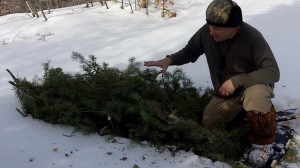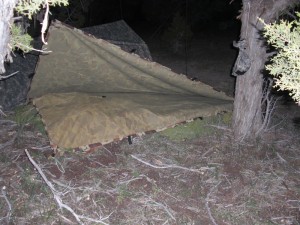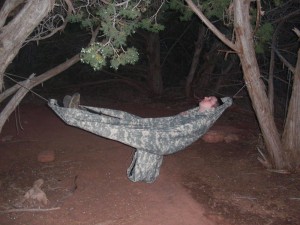In the world of survival and preparedness the most popular topics are such things as knives, guns, fire starting, shelter building, and food procurement, these are all valuable topics which we address as well. Astonishingly, almost no attention is paid to sleep, as if it’s something we don’t need or can do without.
There is something called the “Rule of Three’s” the common version goes like this-
- Three minutes without air
- Three days without water
- Three weeks without food
- Three months without social contact
-
Slurred speech, stuttering, slow speech
-
Reduced speed and efficiency in performing tasks
-
Lack of coordination
-
Body does not regenerate as it should, particularly the brain, sleep is needed to regenerate proteins for neurons, form new memories, and generate new synaptic connections
-
Trouble thinking in imaginative ways, which is essential in dealing with the changing conditions of a survival experience.
-
Difficulty making quick logical decisions
-
Impaired ability to simultaneously focus on several different related tasks
-
Hallucinations, ie. Thinking things are happening around you when they are not
-
Limited amount of new information the brain can retain
-
Tired
-
Forget things easily, details
-
Depression, lack of motivation
-
Sleeping just 1 ½ hours less than normal can reduce awake time alertness by 33%
-
Induces stress to the nervous system
-
Brain begins to shut down
-
Weakened Immune System
*As you can see from the above, sleep is critical, in fact it is probably easier to go without water than sleep.
So what do we do about this?
It’s easy really, spend the same kind of effort preparing for sleep as for getting water, creating shelter, building and maintaining fire.
Keep in mind the value and importance of getting rest, in relation to surviving the experience. The brain needs the sleep as much, if not more than the rest of your body, it becomes slow and unreliable without resting for repairs and regeneration.
A wilderness mattress is one nice option. It’s a foot or more thick layer of soft boughs and branches, leaves, grass, whatever you can find. If done properly it is soft and comfortable and insulates from the ground.
Our PSS, set up as a hammock is another really nice option. It is a piece of gear we make that can be used as a small tarp, a poncho, and a comfortable hammock. In five minutes you can set up the hammock and be in it ready to sleep. The nice thing is that it is quick to set up, very mobile, and super comfortable. See Video
So to recap, make sure sleep is one of the prime considerations in your survival plan, arrange to make a good sleep possible, take the time to do it right and you’ll feel much better in the morning.
Until next time, this is Perry Peacock, “Simplifying Survival”







Hi Are you going to make the PST in a OD color? I hope marpat comes availabile so you can make the PST in that color. I need to buy a good 10’x 10′ tarp for my bug out kit. Thank you for your Help. I bought your PSS in Marpat and it is excellent.
We keep looking for Marpat but mostly we just find the nyco blend which will not work for PST’s and PSS’s. Beau found some a while ago, but they wanted 3 times what we normally pay for this type of fabric.
We can do OD, I’m looking for a good supply.
Thanks, Perry
great points altogether, you just gained a new reader.
What could you suggest in regards to your put up that you simply made a few days in the past?
Any certain?